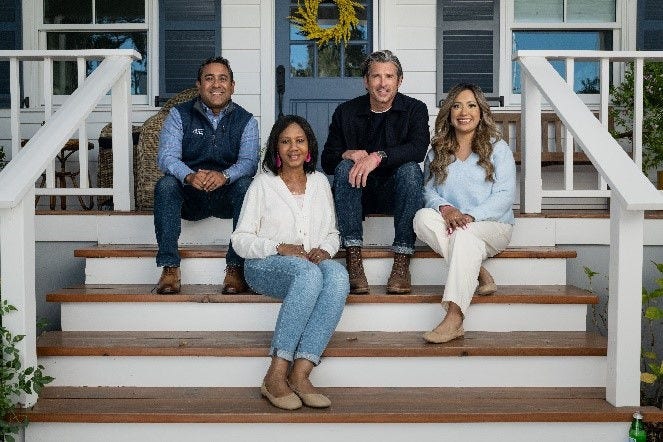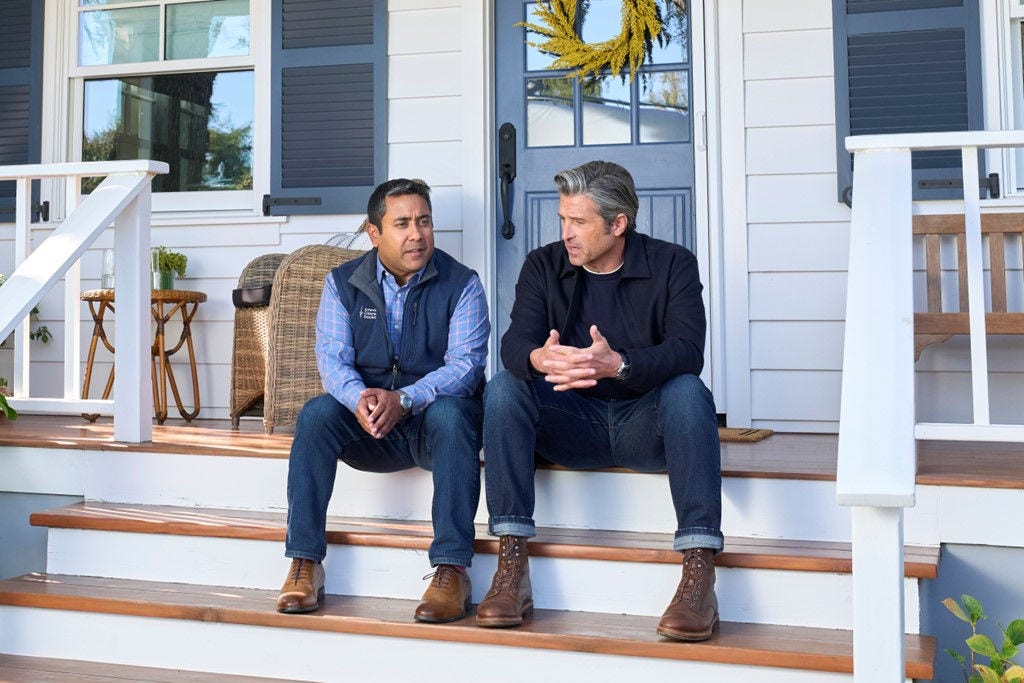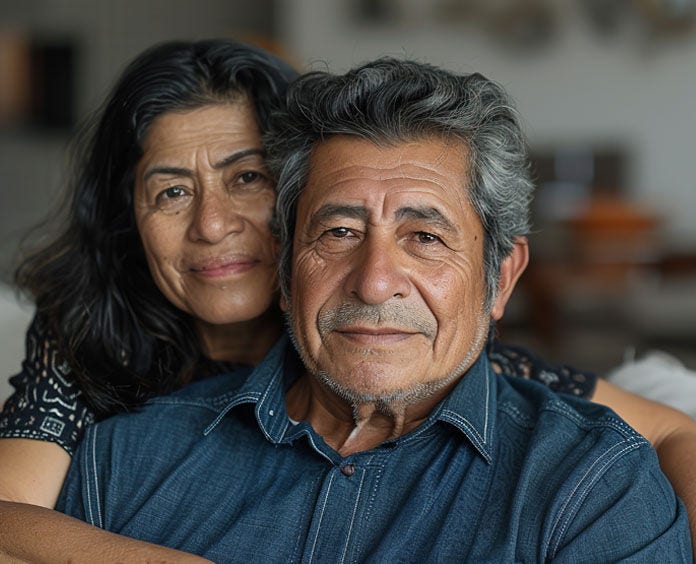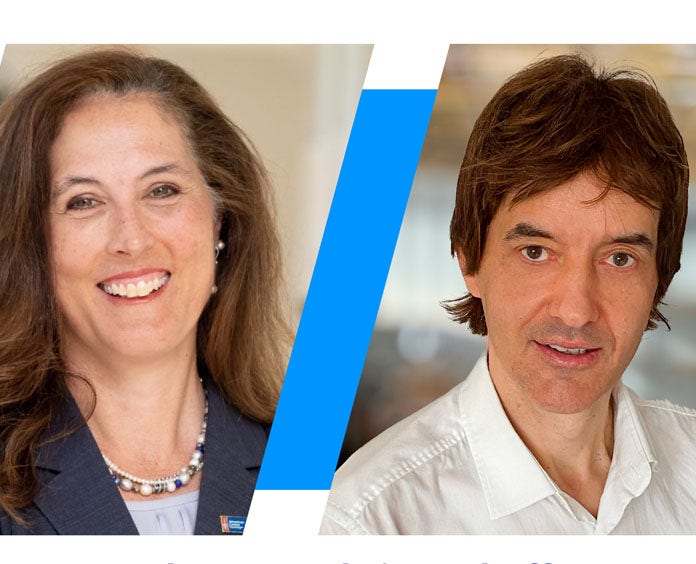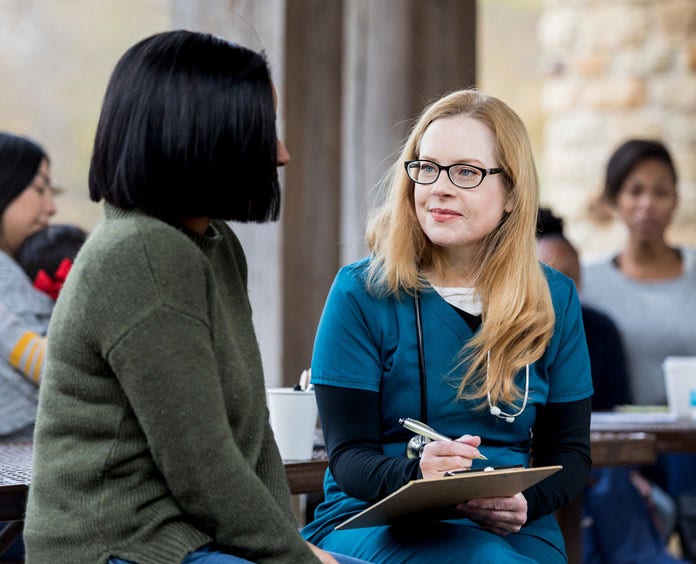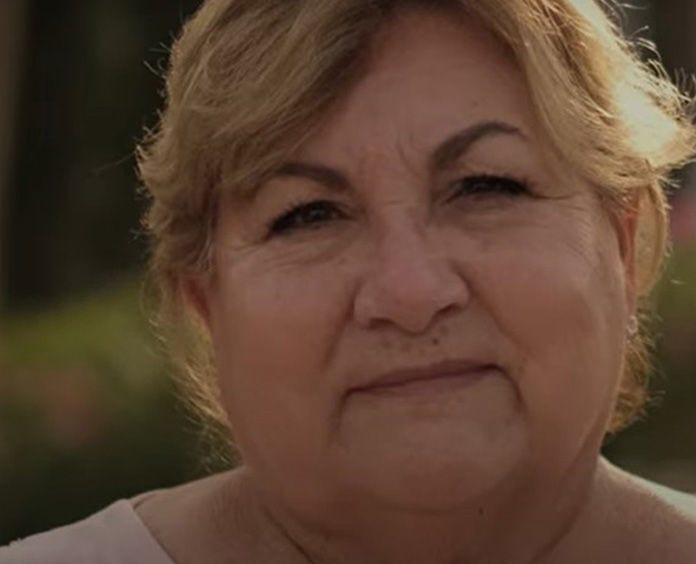Breaking Barriers in Cancer Care Disparities
“Change the Odds™: Uniting to Improve Cancer Outcomes” is an ACS initiative with sponsorship funding from Pfizer designed to bridge the gap in cancer care disparities. The initiative aims to improve health outcomes in underserved communities across the United States by enhancing awareness of and access to cancer screenings, clinical trial opportunities, and patient support and comprehensive navigation. Change the Odds will initially focus on breast and prostate cancer, with the potential to expand to additional cancer types.
Cancer doesn’t discriminate. And neither should cancer care.

Sponsorship funding provided by:
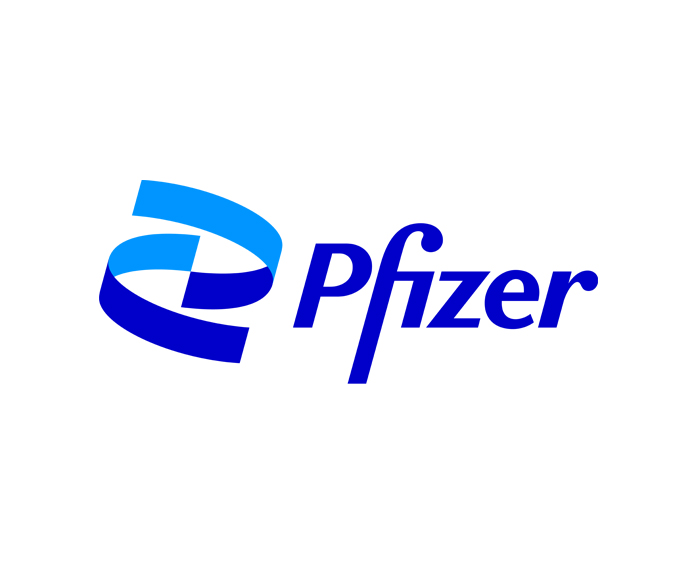
Rewrite the Recipe with Tia Mowry
Chas’s Story: Changing the Odds to Build a Legacy of Support
When it comes to cancer, the odds aren’t the same for everyone. Black communities face higher rates of death from breast and prostate cancer than other racial groups,i Yet, studies show conversations about cancer often get left off the table.ii
To help change that, actor, culinary creator, and cancer advocate Tia Mowry has partnered with Pfizer and the American Cancer Society to inspire meaningful conversations at the dinner tables of Black families across the country – creating space for open, honest dialogue in a setting where families naturally come together to connect and share.
In a new video series that is part of the Change the Odds initiative, Tia joins members of the Black community who have been impacted by cancer to cook beloved family recipes and talk about how cancer has touched their lives. These moments highlight the importance of getting screened, accessing care, and supporting one another as we work together to change the odds against cancer for the Black community.
Changing the odds against cancer in the Black community starts with one simple step: talking about it.
Check back here to watch new episodes, and be sure to follow Pfizer and ACS on social media for updates.
Additional videos
Changing the Odds Against Cancer with Tia Mowry and the American Cancer Society
Ebonie’s Story: Changing the Odds to Close the Disparity Gap
Tasha’s Story: Changing the Odds for the Next Generation
Dr. Arif Kamal: Changing the Odds Against Cancer at the Table
Front porch conversations with Patrick Dempsey
Changing the Odds Against Cancer with Patrick Dempsey
Despite advances in care, the odds of surviving a cancer diagnosis are lower in rural areas of the United States compared to urban areas, with people in rural areas more likely to receive a later-stage diagnosis and less likely to receive guideline-recommended care. iii,iv
Award-winning actor and cancer community advocate Patrick Dempsey has teamed up with Pfizer and the American Cancer Society in support of the Change the Odds initiative to help raise awareness of these disparities and encourage everyone to get screened.
Through a series of video discussions with people impacted by cancer from rural areas across the country, Patrick will help uncover the challenges these communities face in getting screened and navigating cancer care.
We believe that together, we can overcome these barriers and help “Change the Odds” against cancer for rural communities.
To see the latest on this video series, make sure to check back here and follow ACS and Pfizer on social media.
Additional videos
Keeshia’s Story: Changing the Odds by Informing and Supporting Others
Nikki & Vic's Story: How Cancer Screening Across Generations Can Change the Odds
Paul’s Story: Changing the Odds by Helping Others
Amanda’s Story: Changing the Odds by Inspiring Open Conversations on Cancer
Angela's Story: Changing the Odds Through Self-Advocacy
Additional resources
If you or someone you love is impacted by cancer, you are not alone.
Change the Odds events and activations
For more information on Change the Odds local community activation events in your area, visit these state pages:
News and stories
Key statistics
Breast and prostate cancer are not only the most common cancer types in women and men in the United States, but they are also on the rise – even as rates of other cancers are declining. They also reflect significant disparities in care, with Black, Latin American and Hispanic men and women being more likely to receive a late diagnosis and at higher risk of death compared to White individuals. Beyond race and ethnicity, socioeconomic status and geography also contribute to cancer disparities, with people living in rural areas experiencing later diagnosis and higher mortality rates compared to those living in urban areas. Each of these communities – racial and ethnic minorities, and people living in rural areas – are underrepresented in clinical trials for cancer treatments.
i Saka AH, Giaquinto AN, McCullough LE, et al. Cancer statistics for African American and Black people, 2025. CA Cancer J Clin. 2025; 75(2): 111-140. doi:10.3322/caac.21874
iiKrakow M, Rising CJ, Trivedi N, Yoon DC, Vanderpool RC. Prevalence and Correlates of Family Cancer History Knowledge and Communication among US Adults. Prev Chronic Dis. 2020 Nov 19;17:E146. doi:10.5888/pcd17.200257
iiiHenley, S. J., Anderson, R. N., Thomas, C. C., Massetti, G. M., Peaker, B., & Richardson, L. C. (2017). Invasive cancer incidence, 2004–2013, and deaths, 2006–2015, in nonmetropolitan and metropolitan counties—United States. Morbidity and Mortality Weekly Report Surveillance Summaries, 66(14), 1-13. Retrieved from https://www.cdc.gov/mmwr/volumes/66/ss/ss6614a1.htm
iv Yabroff KR, Han X, Zhao J, Nogueira L, Jemal A. Rural cancer disparities in the United States: A Multilevel Framework to improve access to care and patient outcomes. JCO Oncology Practice. 2020;16(7):409-413.
https://ascopubs.org/doi/full/10.1200/OP.20.00352


